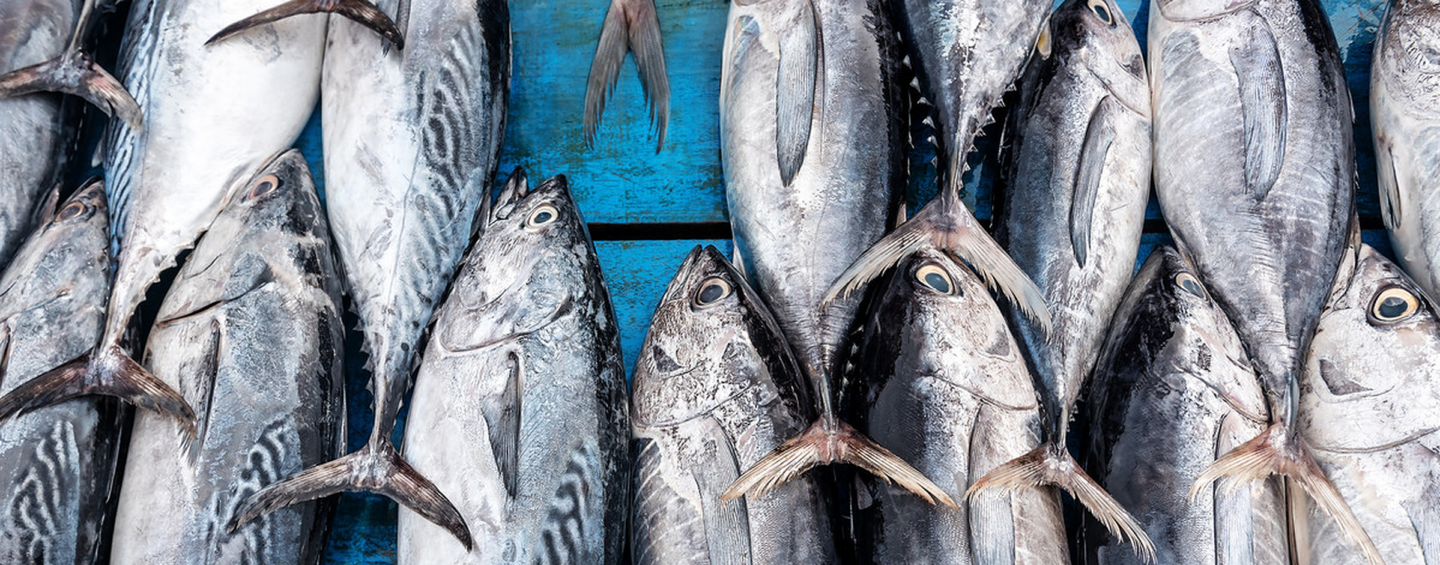It takes a lot of planning to get a FIP running well. Besides extensive organizing and meetings, FIP participants often put in a lot of personal, hands-on effort.
The Sri Lanka Tuna FIP is a good example of this. We recently received an update about progress in the FIP from Peter Stagg, the Chairman and Founder of Le Lien, a UK-based seafood company that is one of the FIP’s participants.
The project had three early goals: receiving national endorsement of the FIP from the fisheries ministry, developing logbook training, and starting an onboard observer program. The first two goals have already been met, and Peter just returned from meeting the observer at the landing site after his first deployment at sea for the FIP.
Some 3,000 or so vessels are engaged in the Sri Lanka tuna fishery, which is an important supply of tuna to the UK and European markets. The fishery is small scale, comprising artisanal fishers who use traditional fishing methods, so developing a sustainable fishery here is critical to the Sri Lankans who depend on tuna for their livelihood.
The observer program offers a way to collect first-hand data in order to better understand the impacts of a fishery like Sri Lanka tuna. Many factors need to be considered during evaluation. The boats are small and numerous and they are spread across the length of the Sri Lankan coast, so it’s hard to keep track of the fishermen and their vessels. FIP organizers hope to better understand the size of fish the fishers regularly encounter, how far from the coast those fish can be found, and fishers’ interaction with and impact on marine life other than the target species.
But just getting observers on board was a challenging process requiring much preparation. The FIP organizers put together two training sessions and several workshops at the beginning of the year to ensure a skilled pool of capable observers and they helped them obtain insurance and life rafts (which are rarely available on board). Representatives from Sainsbury’s and Le Lien made site visits in advance to support these initiatives. Peter reports that the observer program has already increased FIP participants’ confidence about how responsible fishers are on the water. All of the hard work has begun to pay off.
Note: The SFP/UK Buyer FIP closed in December 2014.

